Scott Morrison says China’s increasing hostility is due to ‘Australia being Australia’
PM says China’s hostility is due to ‘Australia being Australia’ as he vows not to back down despite a list of grievances from Beijing.
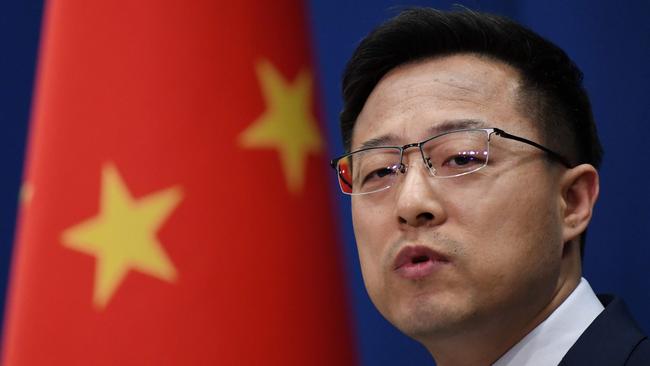
Scott Morrison says China’s increasing aggression towards this nation is due to “Australia being Australia” with the PM vowing he will not back down despite a list of grievances from the Asian superpower.
China responded to Josh Frydenberg’s olive branch on Wednesday with a list of grievances and threats, describing the relationship as one with “serious difficulties”.
The Prime Minister on Thursday said Australia would always defend its interests and noted the list of grievances included China’s issues with free media and MPs speaking out.
“Australia is a sovereign country, we make our own decisions according to the nation’s interest,” he told the Seven Network’s Sunrise.
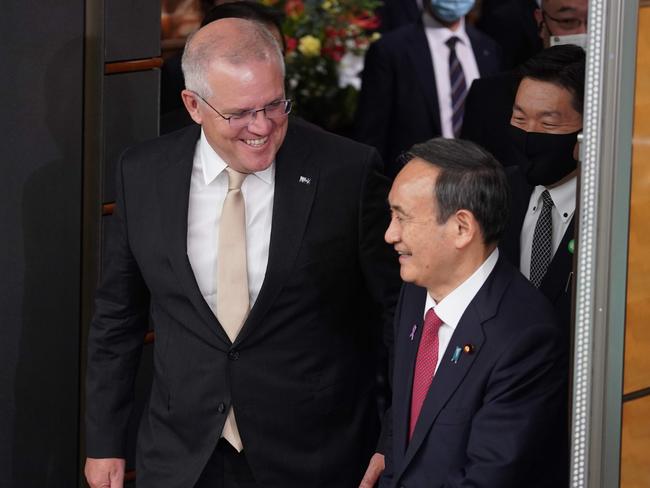
“If there are concerns indicated by that unofficial document that came out of the Chinese Embassy (it is) that Australia acting in our interests — having free media, having parliamentarians elected and being able to speak their minds — is cause for concern,” he said.
“As well as speaking up on human rights in concert with other countries like Canada, New Zealand and the UK in international forums.
“If this is the course of tension in that relationship, it would seem the tension is that Australia is being Australia.
“I can assure you, we will always be Australia and act in our interests, in accordance with our values.”
Its list included other subjects regularly denounced by China’s Foreign Ministry and propaganda arms, including an “anti-China think tank”, a reference to the Australian Strategic Policy Institute.
The document also notes “outrageous condemnation of the governing party of China by MPs and racist attacks against Chinese or Asian people” and “thinly veiled allegations against China on cyber attacks without any evidence”.
You made the problem, you fix it: China rejects Frydenberg’s olive branch
Chinese Foreign Ministry spokesman Zhao Lijian told a daily briefing on Wednesday that the Australian government knew what the issues were between the countries.
“The root cause is Australia’s repeated wrong acts and remarks on issues concerning China’s core interests and major concerns as well as its provocative and confrontational actions,” Mr Zhao said in Beijing.
“Those who created problems shall be the one responsible to solve the problems.”
Those comments — and the list of grievances — came after the Treasurer told The Australian’s Strategic Forum that the government was ready to re-engage in “respectful and beneficial” dialogue with Beijing amid escalating trade pressure.
Mr Frydenberg’s speech, designed to reassure nervous business leaders that Canberra was open to rebuilding relationships with Chinese leaders, came as Scott Morrison signed a historic “in principle” defence agreement with Japan.
In separate comments to Nine News on Wednesday, the Chinese embassy in Canberra said: “China is angry. If you make China the enemy, China will be the enemy.”
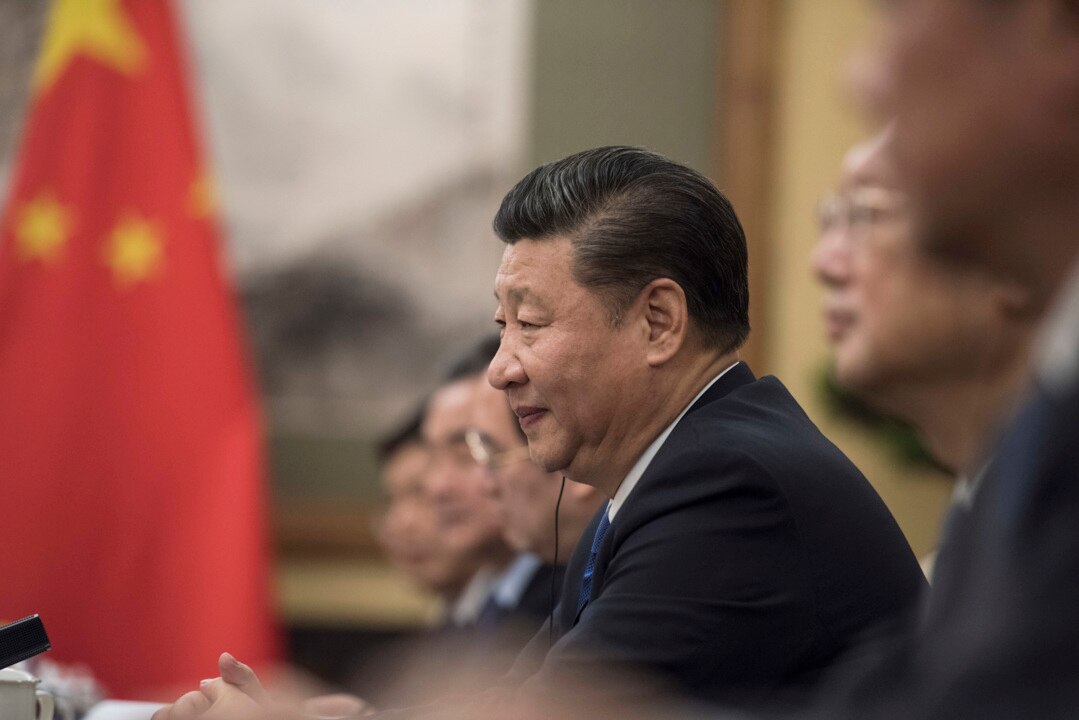
The Chinese government’s anger reached fever pitch on Tuesday, when Mr Zhao said Australia had accused his government of infiltration with no evidence, banned Huawei from the 5G network, blocked foreign investment bids by Chinese companies and called for an independent inquiry into the origins of the coronavirus.
All of those grievances — previously reported in Beijing-controlled media outlets and The Australian — were on the one-page document produced by the Chinese embassy in Canberra.
The embassy declined to comment on the one-page memo when contacted by The Australian.
The one page list of grievances circulated by China’s embassy in Canberra included subjects regularly denounced by China’s Foreign Ministry and propaganda arms, including an “anti-China think tank”, a reference to the Australian Strategic Policy Institute.
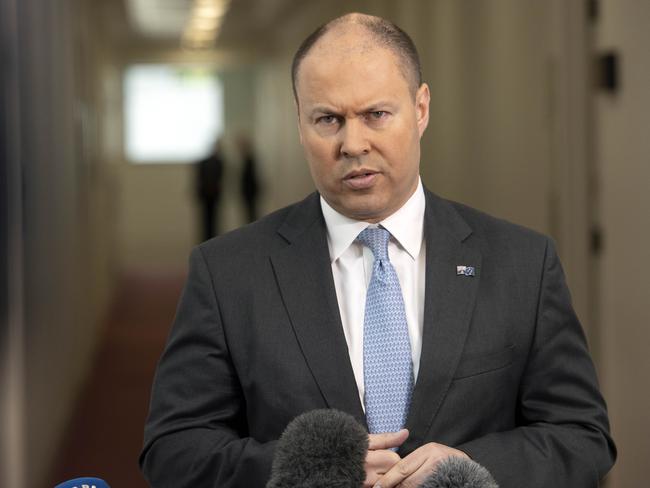
The document also notes “outrageous condemnation of the governing party of China by MPs and racist attacks against Chinese or Asian people” and “thinly veiled allegations against China on cyber attacks without any evidence”.
Liberal senator Eric Abetz asked three Chinese Australians last month to unconditionally condemn the Chinese Communist Party, in a committee hearing exploring issues faced by diaspora communities.
He was condemned by Liberal and Labor MPs. The document also criticises “the incessant wanton interference in China’s Xinjiang, Hong Kong and Taiwan affairs; spearheading the crusade against China in certain multilateral forums”.
A Department of Foreign Affairs and Trade spokesman said Australia’s foreign policy was made around “our national interest and in accordance with our values and open democratic processes”. “We are a liberal democratic society with a free media and a parliamentary democracy, where elected members and media are entitled to freely express their views,” he said.
Speaking before the Chinese embassy’s one-page briefing note was circulated, Trade Minister Simon Birmingham said the “ball is in Beijing’s court”.
“I and other Australian government ministers are willing to take phone calls, engage with our counterparts, have meetings with our counterparts,” Senator Birmingham said. “We have expressed that very clearly — we’re willing to have that dialogue.’’
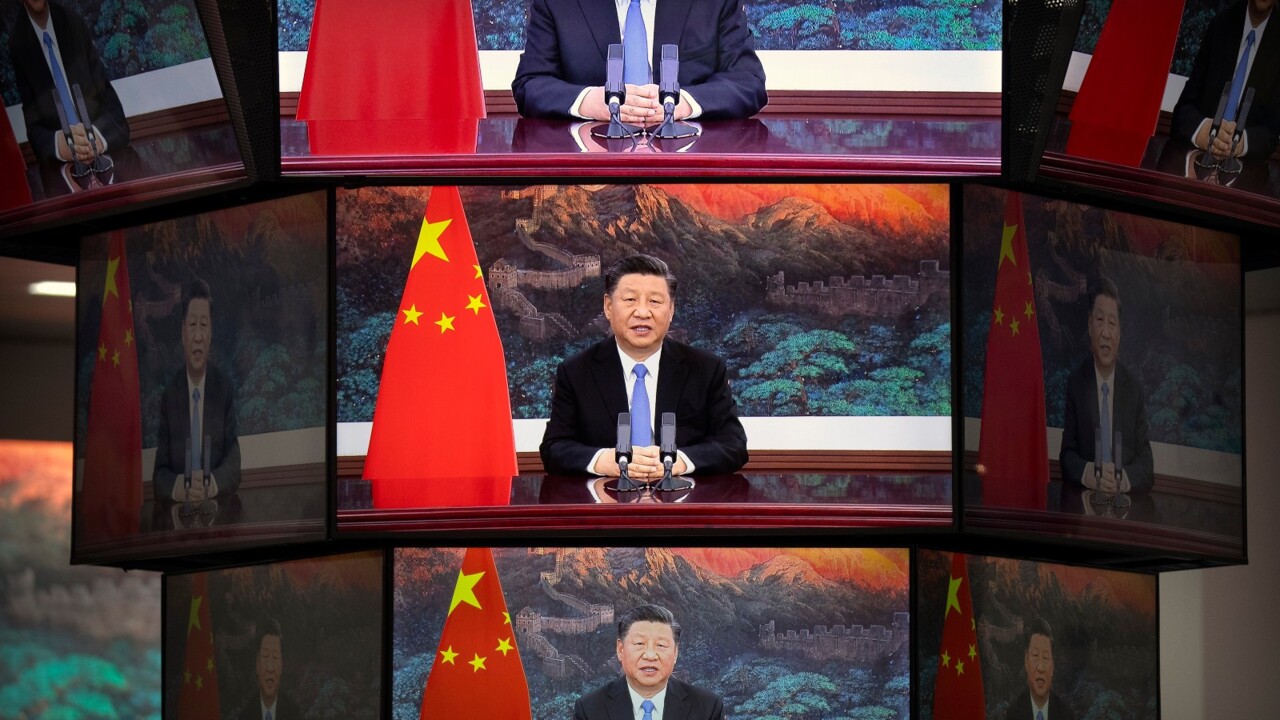
At The Australian’s Strategic Forum on Wednesday, Mr Frydenberg praised China for how effectively it had managed the coronavirus pandemic and its economy.
“The fact that we have different political systems and different values means we will not always agree,’’ the Treasurer said.
“That is not new. But despite our differences, we are committed to maintaining a strong and -productive relationship.”
Separately, the Prime Minister told the press in Tokyo that “Japan and Australia agree, and always have, that the economic success of China is a good thing for Australia and Japan”.
“Now not all countries have that view, and some countries are in strategic competition with China,’’ Mr Morrison said.
“Australia is not one of those, and nor is Japan.’’
However, an editorial in the Global Times, a Chinese government-controlled tabloid newspaper, said that Australia and China had been “used as US tools”.
“The strategic risk for a tool to be damaged is certainly higher than that of a user,” the Global Times wrote in an editorial.
At Wednesday evening’s briefing in Beijing, China’s foreign ministry spokesman warned against countries forming relationships that were “targeting a third party”.
Mr Zhao said China “deplores and firmly rejects” the joint statement released by the Australian and Japanese government after Prime Minister Morrison’s visit.
The joint statement noted Australia and Japan’s concerns about coercive behaviour in the South China Sea and East China Sea, and the situation in Hong Kong.
“We urge relevant countries to grasp the situation and stop the wrongdoings of undermining China’s sovereign rights and interests and interfering in China’s internal affairs,” Mr Zhao said.




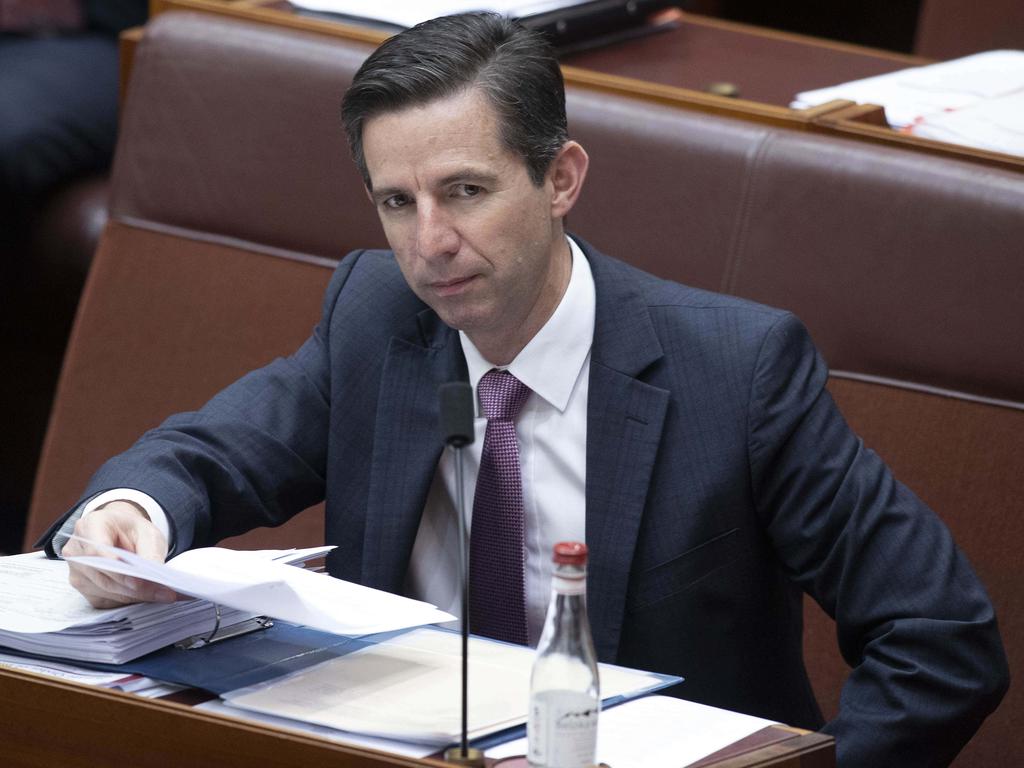


To join the conversation, please log in. Don't have an account? Register
Join the conversation, you are commenting as Logout